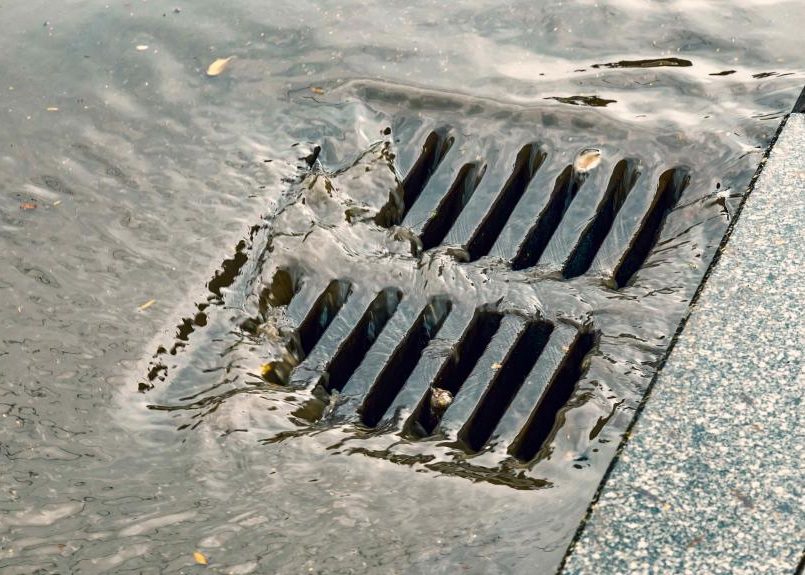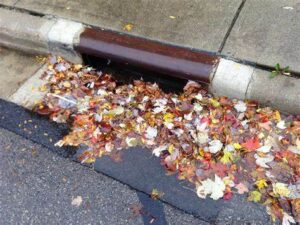
A stormwater utility is an mechanism designed to manage and finance the control, collection, and treatment of stormwater runoff. Much like utilities for water, electricity, or sewage, a stormwater utility provides an essential service that helps maintain the infrastructure needed to handle the excess water that flows over land during and after rainstorms or snowmelt events. This utility can be part of a county, municipality, or other regional authority, and its primary function is to address issues related to stormwater runoff that can impact public health, property, and the environment. Forty-two states plus the District of Columbia have stormwater utilities in operation. The first stormwater utility started in 1974 and now there are more than 2,000 utilities throughout the country. In 2019 the Clean Stormwater and Flood Reduction Act was signed into law authorizing the creation of stormwater utilities in NJ.
Stormwater management has become increasingly critical. When rain falls on natural landscapes, the water either gets absorbed by the ground or flows into natural water bodies. However, due to impervious surfaces like roads, parking lots, and buildings, rainwater cannot penetrate the ground. Instead, it flows over these surfaces, picking up pollutants such as oil, chemicals, and debris, and often enters storm drains that empty into nearby rivers, lakes, or coastal areas. Municipalities have significant obligations through state law and permits to ensure its stormwater system is maintained. These obligations take resources: time, equipment and personnel. Municipalities rarely have enough resources to do all that they are required to do and want to do.
Unmanaged stormwater can lead to several problems:
To address these concerns, local governments can create stormwater utilities that help manage and mitigate these impacts by funding stormwater infrastructure projects and promoting best management practices.
A stormwater utility functions similarly to other utilities, such as water or electricity services. It is typically funded through fees collected from property owners based on how much impervious surface (like roofs, driveways, and parking lots) they have on their land. These surfaces contribute to runoff, so properties with larger areas of impervious surfaces tend to pay more, as they generate more stormwater. Unlike property taxes, where tax exempt and governmental properties do not pay property taxes, all property owners will pay a stormwater utility fee. This makes it more equitable then funding stormwater management through property taxes. All properties that contribute to stormwater runoff, pay to manage and reduce that runoff.
The revenue generated by these fees is used to:
Stormwater fees are usually based on the amount of impervious surface on a property, as this correlates with the volume of runoff the property generates. Some common methods for calculating stormwater fees include:
In some cases, property owners can reduce their stormwater fees by implementing strategies to reduce runoff, such as installing rain gardens, permeable pavers, or retention basins on their property.
Stormwater utilities are a growing approach to managing rainwater runoff in urban and suburban areas. These utilities offer several benefits for communities by addressing both environmental concerns and infrastructure needs.

Overall, stormwater utilities offer sustainable solutions to managing water, enhancing community resilience, and protecting the environment.
Site by Scout Digital